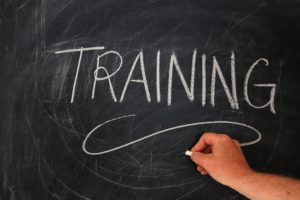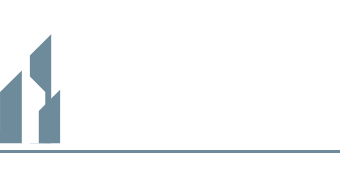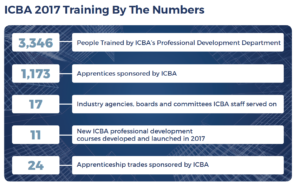Happy New Year from the ICBA training department!
 We invite you to register now for our January 17 breakfast session in Burnaby, Drugs and Alcohol in the Workplace – Employer Rights and Obligations.
We invite you to register now for our January 17 breakfast session in Burnaby, Drugs and Alcohol in the Workplace – Employer Rights and Obligations.
With the prevalence of prescribed marijuana for medical reasons, employers need to be aware of their options. How do you deal with an employee in a safety-sensitive role who has a medical marijuana licence? Are they still allowed to perform their safety sensitive job? If an employee with a licence says they need to use their marijuana at the workplace, how is this addressed? Are employees with medical marijuana licences exempt from drug testing?
Here’s what will be covered:
- Drug and Alcohol Policies
- Testing for Drug and Alcohol Use
- Consequences for Testing Positive
- Pre-employment Situations
- Impaired at Work Situations
- Accommodation requirements for workers with drug and or alcohol addiction
- Suggested wording on Medical Marijuana to update company policies.
You’ll also earn 1.5 Group A CPD Points from BC Housing! Check out this course and all of our upcoming workshops at www.icba.ca/training, and subscribe to our newsletter at www.icba.ca/trainingnewsletter for the latest updates.
Don’t forget, members receive a discount on their course registrations! You can become a member now by visiting www.icba.ca/become-a-member.





